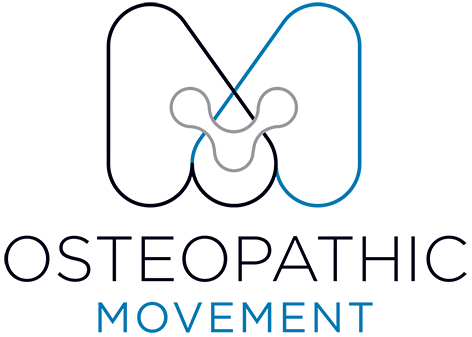Shoulder Tightness and Pain Part 1:Desk Work
Shoulder and Neck Tightness From Desk Work: Why It Happens and How to Fix It
(Part 1 of a 3-part Shoulder Series: Desk Work, Stress & Overhead Activity)
Tight upper shoulders and neck tension are among the most common reasons people seek osteopathic treatment. Whether you spend hours at a desk, carry stress through your upper body, or regularly perform overhead activities, this kind of discomfort affects almost everyone at some point.
This first part of our shoulder series focuses on shoulder and neck tightness caused by desk work. The upcoming blogs will cover stress-related tension and overhead activity injuries such as shoulder impingement.
Why Desk Work Causes Shoulder and Neck Pain
When you spend hours sitting at a desk, reaching forward to type or use a mouse, your shoulders naturally rotate inward and begin to sit forward. Over time, this posture causes the muscles at the front of your body — particularly your chest and anterior neck muscles — to shorten and tighten.
You might not feel this tension at first because the shortening is passive, but when you try to stretch or your osteopath begins treatment, you’ll quickly realise how restricted these muscles have become.
The Counterbalance Effect
Your body is always working to maintain balance. As the muscles at the front tighten, the upper back, shoulder, and neck muscles must work harder to hold you upright. These muscles aren’t designed for continuous tension — they’re built for movement.
Imagine holding your phone with your arm extended for eight hours straight. You’d be in agony within minutes. That’s what your upper back and neck muscles are enduring all day when your posture remains slouched and static.
The result: tight, fatigued, and painful muscles, often accompanied by stiffness, reduced range of motion, and even headaches.
How Osteopathy Can Help
Your South Yarra osteopath plays a two-fold role in addressing this type of shoulder and neck tension:
1. Relieving Tension and Pain
Through a combination of soft tissue massage, joint mobilisation, partnered stretching, and spinal or rib adjustments, your osteopath works to:
Reduce muscle tightness and trigger points
Restore movement in restricted joints
Rebalance muscular tension across both sides of the body
This provides short-term pain relief and helps the body return to a more neutral alignment.
2. Correcting the Root Cause
The key to long-term improvement is addressing the tightness at the front of the body — particularly the chest and anterior shoulder muscles. If these muscles remain short, your posture will continually pull you forward.
Your osteopath will:
Stretch and release the front of the chest and shoulders
Provide desk posture advice and ergonomic corrections
Prescribe stretching and strengthening exercises to rebalance the front and back of your upper body
By restoring muscle balance and joint mobility, your posture naturally improves, and symptoms are less likely to return.
Why Early Treatment Matters
Ignoring shoulder and neck tension — or masking it with painkillers and anti-inflammatories — can lead to chronic dysfunction. Over time, the body adapts to poor posture, resulting in persistent stiffness, tension headaches, and even nerve irritation.
The good news is that early osteopathic intervention can resolve these issues quickly before they become long-term problems.
What Now?
If you’re dealing with neck and shoulder tension from desk work, our experienced South Yarra osteopaths at Osteopathic Movement can help. We provide targeted hands-on treatment, posture correction, and tailored exercises to relieve pain and restore balance. Book an appointment online or contact us to start feeling better today.
Written by Dr Dayne Sweres (B.AppSci (CompMed), M.Osteo) – Founder, Osteopathic Movement, South Yarra.
